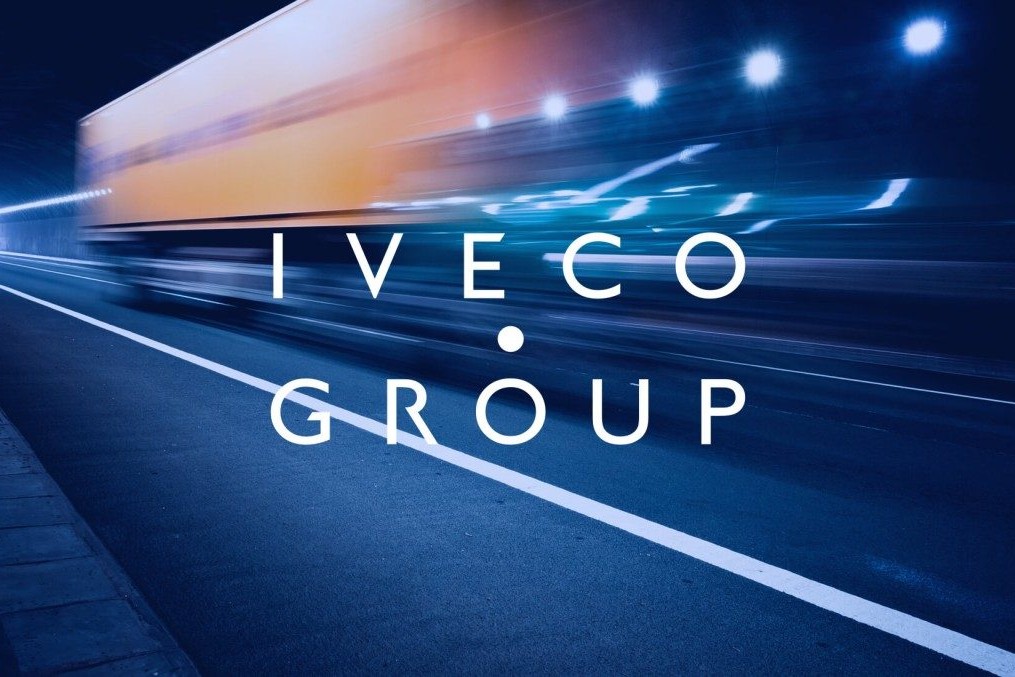Lidl, Iveco, LC3 and Edison introduce the first biomethane-fuelled vehicles in the retailer‘s Italian fleet

Five new biomethane-fuelled vehicles in the Lidl fleet have been unveiled, a result of the company‘s collaboration with Iveco, LC3 Trasporti and Edison.
Unveiled during a press conference at Lidl‘s logistics centre in Somaglia, the new Iveco Stralis NP 460hp CNG will be powered by biomethane, a renewable and sustainable fuel both in terms of the levels of CO2 emitted by the vehicle and of life cycle emissions, which are significantly lower compared with other types of fuel.
Pietro Rocchi, managing director of sales and logistics at Lidl Italia, said the company‘s long-term goal is to gradually switch from mainly fossil-fuelled transport to alternative fuels with reduced CO2 emissions, such as biomethane and liquid natural gas (LNG).
“Lidl‘s quest for more sustainable logistics started in 2015 when we introduced the first LNG-fuelled trucks. Since then we have achieved extremely positive results: even though we’ve continually expanded our activity and open on average 40 new points of sale per year, we have still managed to reduce CO2 emissions by 5.2% – that’s 620,000 tons of emissions avoided.”
Alessandro Oitana, Iveco medium and heavy business line manager, said Iveco has realised that the path to sustainable transport requires alternative traction systems and has met the increasingly pressing demands in this area with natural gas powered vehicles (gaseous and liquefied), which are today the only concrete and immediately available alternative in order to provide sustainable transport.
“The true alternative that is already a reality today is biomethane, which enables the almost total abatement of CO2 emissions,” he said. “To arrive where we are today, Iveco has been working for many years, reaching the point where we can guarantee safety, infrastructure and mileage range. The world is changing, and it is changing fast, and the future will definitely see the introduction of new technologies. However, the road to achieving the same conditions in terms of load capacity level, range, refilling times and infrastructures remains long, therefore we feel that the only current solution that is both readily available and economically sustainable is biomethane, in all forms, be it CNG or LNG.”





